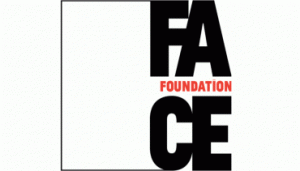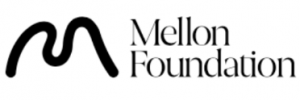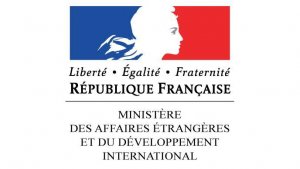Partner University Fund
Established in 2007 as a collaboration between the French government, American private donors and the FACE Foundation, the Partner University Fund (PUF) is dedicated to amplifying the potential of the brightest French and American scholars by supporting educational and research partnerships between higher education institutions in both countries.
Applicants are expected to develop new or deepened partnerships through intense collaboration.
Eligibility
Only French and American not-for-profit institutions of higher education and/or research may submit applications to the Fund.
Institutions must be accredited by the relevant authorities (typically, ministries in France, accredited agencies, or regional authorities in the United States). Not-for-profit research institutions that are not officially linked to universities, such as the National laboratories in the United States, or EPST (Etablissement Public a Caractere Scientifique et Technologique) in France, may also apply to PUF.
Other organizations, sponsors, companies, universities from other countries may be part of the project, but will not be funded by the Partner University Fund. Only the lead institutions are allowed to receive grants from PUF.
Eligible Activities
Partnerships must focus on advancing both research and education. They may develop the following areas :
- Faculty, postdoctoral, student mobility and exchanges
- Joint research initiatives
- Joint classes and curricula
- Creation of joint and dual Master and PhD degrees
PUF supports partnerships developed in all disciplinary fields.
Nature of Exchanges
The PUF Grant Review Committee encourages partnerships that incorporate an equivalent number of students and faculty and create balanced exchanges between the French and American partner institutions throughout the project. These exchanges may take place through virtual learning experiences or physical faculty, student, and researcher exchanges.
Duration of Financial Support
PUF offers grantees an annual grant that is renewable for a total of three years, and is subject to a renewal process each year. A concise statement on the planned evolution of the partnership over the 3 years is included in the application form, to allow for monitoring and evaluation.
Amount of Award
Thanks to the generous support of the Andrew W. Mellon Foundation, PUF funds up to 60% of the cost of a project in the Humanities, amounting to up to $100,000 annually per project. In all other fields, PUF funds up to 30% of the project cost, amounting up to $50,000 annually per project. The exact grant amount awarded each year depends on the outcomes of a yearly progress review.
Partner institutions are therefore required to obtain “in kind” and “in cash” contributions that amount to at least 40% of the project cost for projects in Humanities, and 70% for other fields.
PUF and the Mellon Foundation seek to encourage project proposals in the fields of the Humanities. PUF defines the Humanities as those academic disciplines that study the human condition through the experience of human subjects, both individual and collective, using methods of analysis and interpretation that characterize much of the work in such academic fields as classics, history, art history, literature, musicology, and philosophy—which is to say, fields that are commonly distinguished from the natural and social sciences by the breadth and variety of perspectives they mobilize, by the assertion of moral and aesthetic values that they ascribe to humanity, and by their insistence on framing statistical analyses of empirical data with narrative accounts of human experience. Examples of the fields or disciplines embraced by the Humanities include the study of ancient and modern languages, literature, history, philosophy, religion, the visual arts, the performing arts (music, theater, film, dance), as well as some dimensions of anthropology, area studies, communication studies, cultural studies, and linguistics. In cases in which the lines separating the Humanities and the social sciences are blurred, the final selection committee will determine which laureate projects are eligible for the higher level of funding enabled by the grant from the Mellon Foundation.


